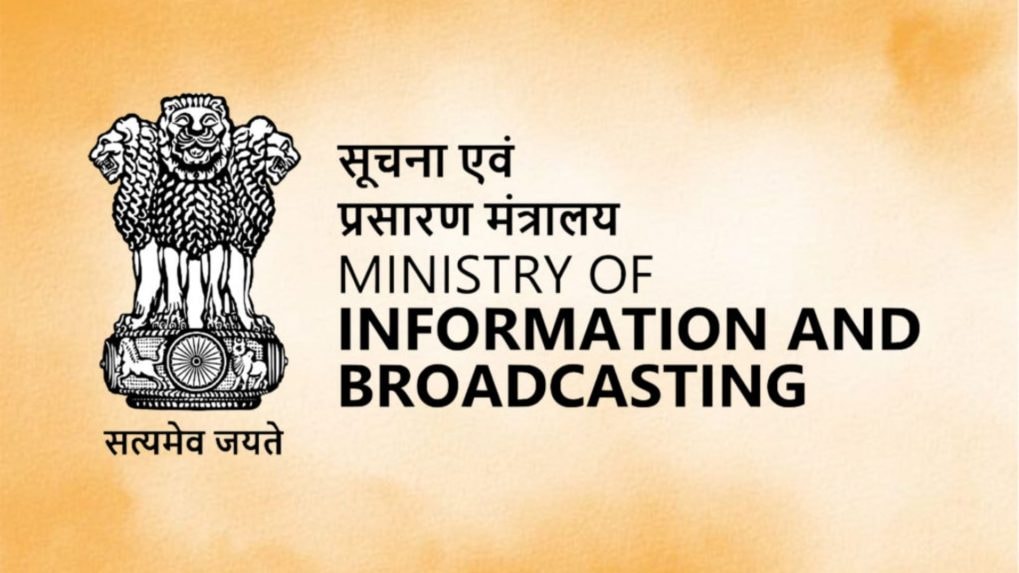EWA Centre urges MIB to include Gaming and Esports influencers in policy making process
The organisation also flagged growing risks from deepfakes and AI-driven content in influencer marketing, calling for safeguards to protect both consumers and influencers from manipulation, misrepresentation, and exploitation.
ADVERTISEMENT
Public policy and research organisation EWA Centre has formally requested the Ministry of Information and Broadcasting (MIB) to include it in the ongoing consultation process for drafting guidelines on social media influencers. The request follows the Supreme Court’s order dated August 25, 2025, in Ranveer Allahabadi v. Union of India & Ors., which directed the Ministry to prepare guidelines for social media influencers.
In a letter addressed to Information and Broadcasting Minister Ashwini Vaishnaw, Minister of State L. Murugan, and Secretary Sanjay Jaju, the EWA Centre highlighted its expertise in digital safety and user protection at the intersection of technology, law, and society. Registered as a Section 8 company under the Companies Act, the Centre is based in New Delhi and has been engaged with both state and central governments, regulators, and industry bodies on technology regulation and user rights.
Nimisha Srivastava, Executive Director and Counsel to Secure Justice, and Zerah Gonsalves, an esports gamer, shoutcaster, influencer, and entrepreneur stated, "The upcoming influencer guidelines will directly impact a wide spectrum of people beyond traditional content creators. This includes musicians, artists, gamers, shoutcasters, educators, and independent professionals who increasingly rely on digital platforms for expression, livelihood, and community building."
Read More: SC asks centre to consult NBSA in framing social media content guidelines
EWA Centre stressed that it is vital to make the framework for influencers balanced, inclusive, and future-ready. The organisation also flagged growing risks from deepfakes and AI-driven content in influencer marketing, calling for safeguards to protect both consumers and influencers from manipulation, misrepresentation, and exploitation. It urged the government to ensure that guidelines are designed not only to safeguard social media audiences but also to protect influencers themselves from harm.
Positioning itself as a stakeholder in digital rights and online expression, the EWA Centre said it would be “privileged” to participate in the consultation process. It offered to contribute research insights, field experience, and perspectives from its community of stakeholders to support the Ministry in drafting the guidelines.
“We respectfully submit that the EWA Centre would be privileged to participate in the consultation process as an organisation working on digital rights, safety, and user protection in emerging areas of technology and online expression,” the letter stated.
Earlier this week, the Indian Influencer Governing Council (IIGC) had formally written to the Ministry of Information and Broadcasting (MIB), urging to be an active participant in the government’s ongoing consultation process for formulating comprehensive rules governing social media influencers.
The call for a comprehensive consultation process gains added significance following the Supreme Court’s directive on August 25, 2025, in the case of Ranveer Allahabadi v Union of India & Ors. (W.P. (Crl.) 83/2025). The case arose in the wake of controversies linked to the popular show India’s Got Latent.
The Supreme Court instructed the MIB to draft influencer guidelines in active consultation with stakeholders, cautioning against reactionary policies. The Court underscored that the rules must be “broad and wide enough to cater to future needs, keeping in view the modern-day challenges posed by the advancement of technology in the matter of communication.” Further emphasizing the need for balanced regulation, the Court noted that any framework should respect Article 21 (right to dignity) in tandem with Article 19 (freedom of expression).
In a parallel move, Dr. Vijay Kishor Tiwari, Assistant Professor of Law at West Bengal National University of Juridical Sciences, wrote to the MIB calling for an open, deliberative, and transparent public consultation process. Dr. Tiwari’s letter recommended that the consultation include a diverse array of stakeholders: disability-rights organizations, creators across languages and genres, women’s and queer collectives, Dalit and Adivasi groups, ad-tech firms, child-rights experts, civil society groups, and legal academics.
Read More: IIGC writes to MIB, pushes for inclusion in influencer policy-making process
Read More: SC seeks NBDA’s input on guidelines to protect PwDs from offensive content online


